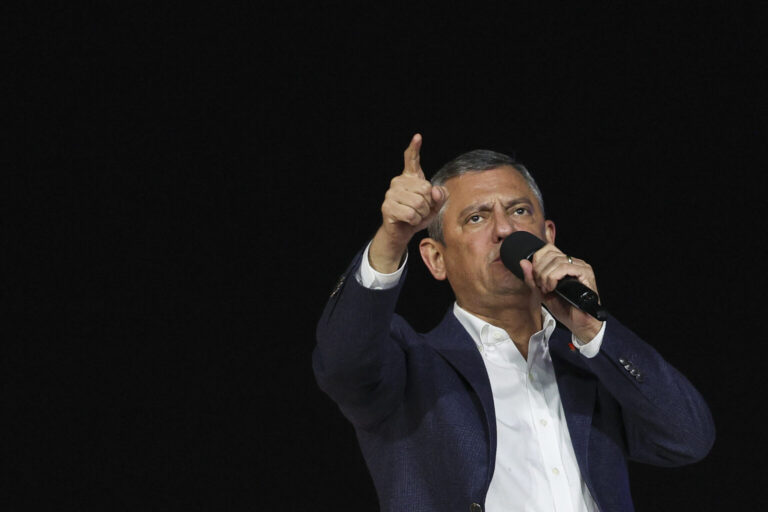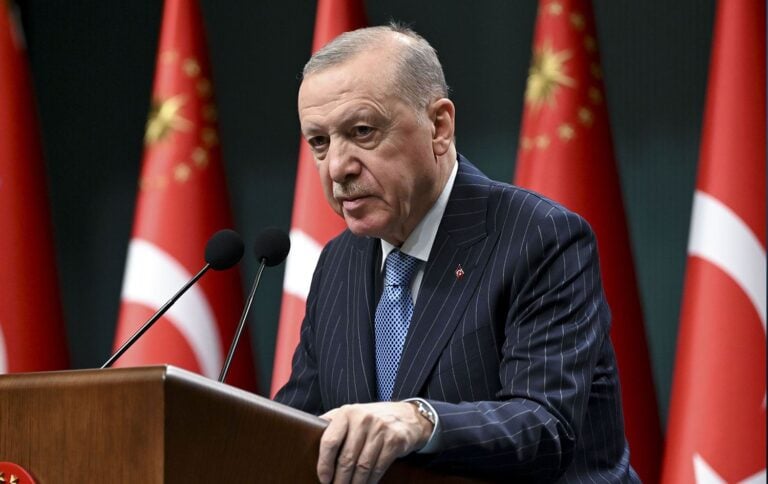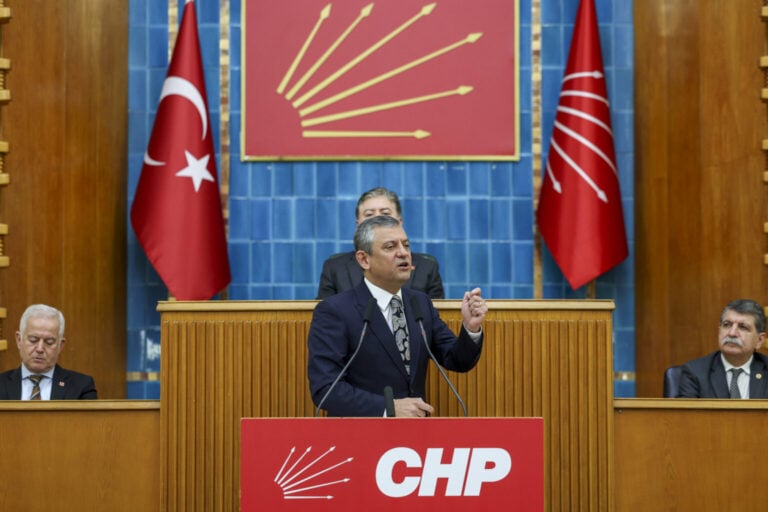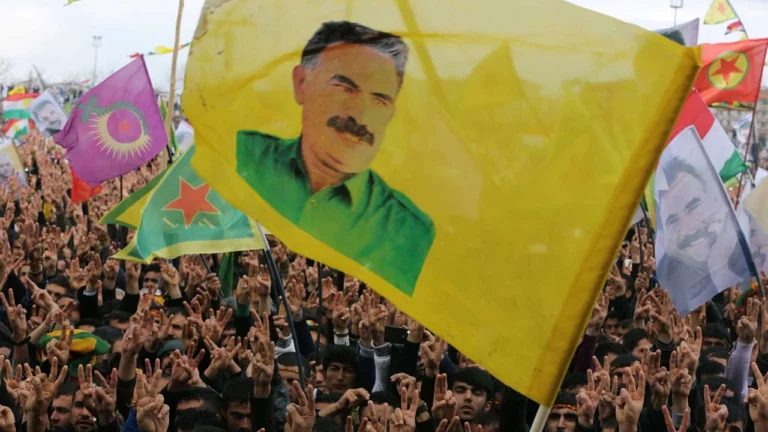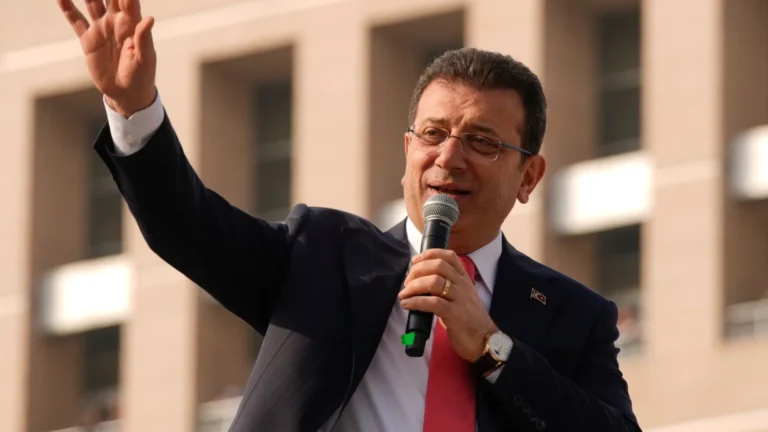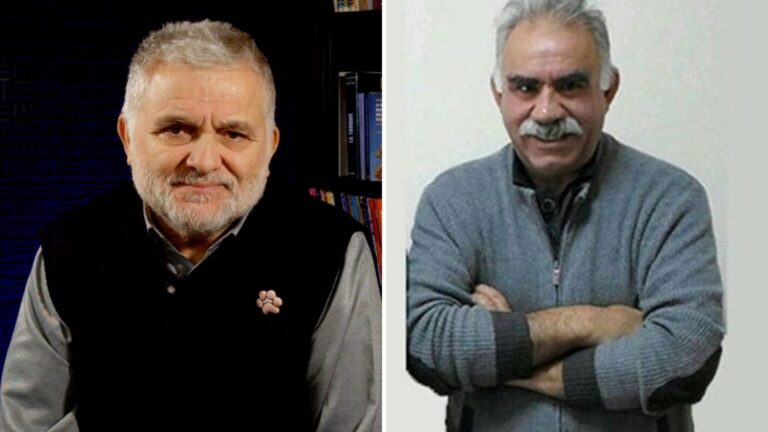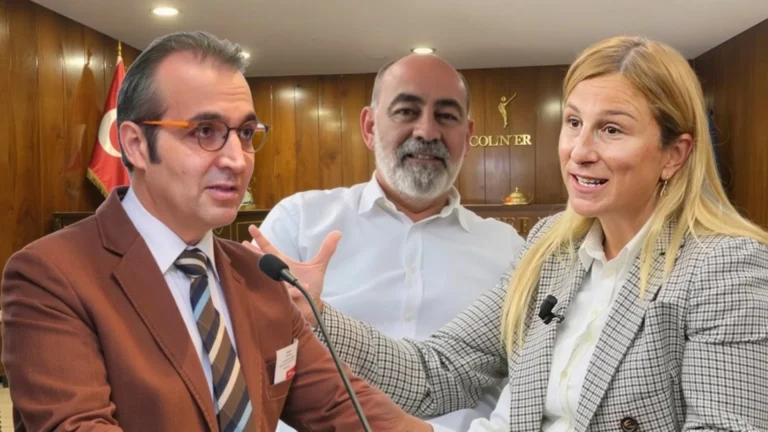Meral Akşener, leader of the conservative-nationalist İYİ Party, made a major speech on Saturday (August 26) in which she lamented the opposition’s loss in Turkey’s general elections in May. The speech followed an extended period of silence from Akşener in the post-election period, during which Turkey’s political discourse has been dominated by various voices attempting to assign blame for the opposition’s failure to unseat President Recep Tayyip Erdoğan and secure parliamentary control. Akşener’s speech implicitly pointed fingers at main opposition candidate Kemal Kılıçdaroğlu and the pro-Kurdish People’s Democratic Party (HDP), while criticising the record of President Erdoğan and the new Turkish Parliament in the post-election period.

Akşener’s speech took place in the central Anatolian city of Afyonkarahisar, on the 101st anniversary of the beginning of the ‘Great Offensive’ during the Turkish War of Independence. The 1922 military campaign saw Turkish troops regain major territory between Afyonkarahisar and the Aegean Sea, and the historical event as well as the timing of Akşener’s speech carries much symbolic importance in Turkey. Akşener is a longtime figure in Turkish nationalist politics. Prior to founding the İYİ Party, Akşener was a member of parliament from the far-right ultranationalist Nationalist Action Party (MHP). Major internal disagreements over the party’s leadership, support of Erdoğan’s presidential system referendum, and the MHP’s rapprochement with Erdoğan’s Justice and Development Party (AKP) led to Akşener’s departure from the party in 2016. She founded the İYİ Party the following year, seen as a more moderate alternative to the MHP aimed at courting anti-Erdoğan nationalist voters.
Opposition alliance unlikely for next year’s local elections
2019’s local elections saw perhaps the greatest opposition success in 20 years of Erdoğan rule. The İYİ Party’s alliance with Kılıçdaroğlu’s Republican People’s Party (CHP) saw joint opposition candidates capture major municipalities such as Istanbul and Ankara. Akşener’s speech on Saturday indicated that a rerun of this alliance in next year’s local elections is unlikely. Opposition mayors Ekrem İmamoğlu of Istanbul and Mansur Yavaş of Ankara will seek to defend their seats. Whether they are able to do so without the support of Akşener and the İYİ Party remains a major question mark. Casting doubt on the possibility of another electoral alliance, Akşener instead invited Turkey’s political parties to instead run separate candidates next year:
“It is important that we save Turkish politics from the spiral of pragmatic politics that it finds itself in today. Next year, all political parties should compete in the elections separately. Let’s all run our separate candidates…I call out to all of you, Erdogan, Bahçeli, Kılıçdaroğlu, let’s all compete in this election separately.”
Akşener criticizes opposition electoral alliance
In one of the sections of Akşener’s speech that received the most attention, the İYİ Party leader criticized the opposition alliance’s presidential candidate selection in the lead-up to the elections in May. A member of the ‘Table of Six’ alliance, Akşener attracted major attention in early March when she temporarily left the coalition due to disagreements over which candidate should be selected to run against Erdoğan. Supporting the nomination of either Istanbul Mayor İmamoğlu or Ankara Mayor Yavaş, Akşener’s three-day departure from the alliance received major attention and threatened to tank opposition chances entirely. Convinced by both mayors not to abandon the alliance and accept Kılıçdaroğlu’s candidacy, Akşener returned to the ‘Table of Six’ significantly weakened politically.
Akşener’s speech in Afyon made mention of this dramatic episode from March:
“I thought that defeating the ruling government at the ballot box and winning the elections would be sufficient. I couldn’t see that the real problem was in our own ranks [opposition alliance]. I apologize to the great Turkish nation and to you all. I did everything I could to pave the way for these two friends [İmamoğlu and Yavaş]. I supported their candidacies without any personal expectations. I could not prevent those who blocked their way.”
Akşener sharpens nationalist tone
Saturday’s speech had a distinctly nationalist tone, taking implicit aim at both refugees and pro-Kurdish elements in Turkish politics:
“We do not engage in politics with unrealistic ambitions. We listen to the voice of our nation. But we do not accept everyone to join us on this path. Our door is not open to everyone. We say ‘no’ to those who are hostile to Atatürk. We say ‘no’ to those who disregard our republican values. We also say ‘no’ to those who say, ‘Hatay is an Arab city’. We say ‘no’ to those who are afraid to say ‘Turkish’. We say ‘no’ to those who have problems with the first 4 articles of our constitution. We say ‘no’ to those who dream of cooperating with partners of terrorism.”
‘The refugee issue is an issue of national security’
Turkey’s refugee issue was also heavily emphasized in Akşener’s speech. Since the beginning of the Syrian Civil War in 2011, millions of Syrians have taken refuge in Turkey. The long-term status of these refugees remains a major issue in Turkish domestic politics. In the lead-up to the presidential election run-off in May, opposition candidate Kemal Kılıçdaroğlu increased emphasis on the issue while making major promises to send the Syrian guests back to their home countries. Akşener’s speech also took aim at Erdoğan’s policies on the issue, which have been criticized as being too lenient towards migration:
“The refugee problem is a national security issue. It is a matter of survival and threatens to destroy the national culture of the Turkish nation. Refugees form ghettos and establish ethnic islands, miniature Syrias. Social problems such as child labour, labor exploitation, polygamy and child marriage, which are common in underdeveloped countries, are re-emerging. Since terrorist organizations such as ISIS and PKK have directed their threats against our country through refugees, it has turned into a major internal security problem.”
Akşener criticizes newly elected AKP-dominated government
Criticizing the newly elected Turkish parliament approximately 90 days into its tenure, Akşener said:
“The AK Party made many promises to our nation just before the elections. When we look at the first 90 days, we see that these promises are going unfulfilled with each passing day. We knew that they never intended to fulfill these promises, but we did not expect our nation to be so brutally robbed as soon as the election was over. The most recent salary hikes have started to evaporate. The minimum wage hike was below the starvation line before it reached our workers’ bank accounts. At the end of the day, our nation has had to foot the bill for this government’s economic mismanagement and broken promises.”
Written/translated for Medyascope by Leo Kendrick





